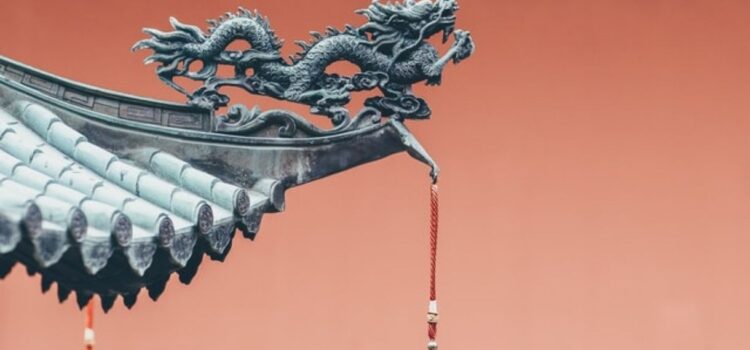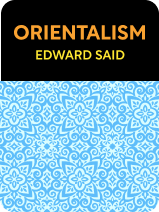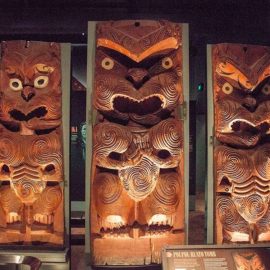

This article is an excerpt from the Shortform book guide to "Orientalism" by Edward Said. Shortform has the world's best summaries and analyses of books you should be reading.
Like this article? Sign up for a free trial here .
Why did Western Orientalism scholars refuse to acknowledge modern political developments in the East? Why did they refuse to adapt their ideas in spite of the evidence to the contrary?
The hallmark of Western Orientalism was a discourse built on the essential East-West divide. This is why Western Orientalists were so opposed to modern political developments in the East—they threatened to knock down this division upon which the West built its entire identity of superiority.
Keep reading to learn about Western Orientalism.
Western Orientalism
Western Orientalists strove to maintain the barrier between East and West. For scholars like H.A.R. Gibb (1895-1971), keeping this wall of separation intact was paramount. As we’ve seen, the West had defined itself since ancient times in opposition to the East. If these lines were to become blurred, the West might find itself without an identity of its own.
This was a major reason why Western Orientalism scholars figures like Gibb remained steadfastly opposed to modern political developments like Arab nationalism. The success of the national independence movements threatened to knock down the barriers between East and West and possibly even put the East on equal footing with the West.
Thus, despite the changes taking place within other academic disciplines during this era, Western Orientalism remained insular and backward-looking in its outlook and core assumptions. It continued to root the region’s complex contemporary conflicts and political problems in ancient, Biblical sources—such as explaining the emerging Israeli-Palestinian conflict through the lens of the Old Testament story of Isaac and Ishmael (In the Hebrew Bible, or Tanakh, Isaac is the true heir of the Abrahamic covenant with God; in the Quran, the holy book of Islam, this figure is Abraham’s other son, Ishmael). Western Orientalism scholars of the twentieth century saw these conflicts as manifestations of an “eternal” struggle between East and West, a clash of civilizations brought on by the ancient hostility of the East toward the West.
Postcolonial Orientalism
After the end of the Second World War, financially and militarily exhausted colonial powers like Great Britain and France began to lose their grip on their Middle Eastern colonial possessions. In the postwar decades, most of the former colonies threw off the shackles of European imperialism and gained independence.
This turn of events should have forced a reckoning within Orientalist circles, if not an outright rejection of Orientalist modes of thought. After all, the supposedly lethargic, unoriginal, and unchanging Orient was suddenly asserting itself and forging a new political identity. But old-guard Western Orientalism scholars refused to adapt their ideas even in face of a politically armed and dynamic Orient.
In a 1963 lecture, Gibb was still asserting that the politics of the Arab world could not possibly be motivated by modern political ideologies like communism, nationalism, or anti-colonialism. Those were products of the Western tradition; the “Oriental” was forever constrained by his status as an “Oriental.” Any deviation from this preordained role was a betrayal or perversion of his essential character.
Figures like Gibb saw these complex movements toward self-determination as unorganized outbursts of enthusiasm. The Arabs may have been capable of political agitation, but it would typically be short-lived and, ultimately, self-destructive. The Arab temperament was incapable of conceiving, let alone acting upon, a collective political program for the benefit of their nation or society as a whole. Their innate parochialism and loyalty to tribe or clan would inevitably trump the formation of larger political identities or coherent ideologies. These were Western political achievements of which “the Arab” was incapable.

———End of Preview———
Like what you just read? Read the rest of the world's best book summary and analysis of Edward Said's "Orientalism" at Shortform .
Here's what you'll find in our full Orientalism summary :
- How Western society invented the concept of Orientalism
- Why "the Orient" was thought of as a different, exotic, and dangerous place
- How Orientalism was central to European colonialism






